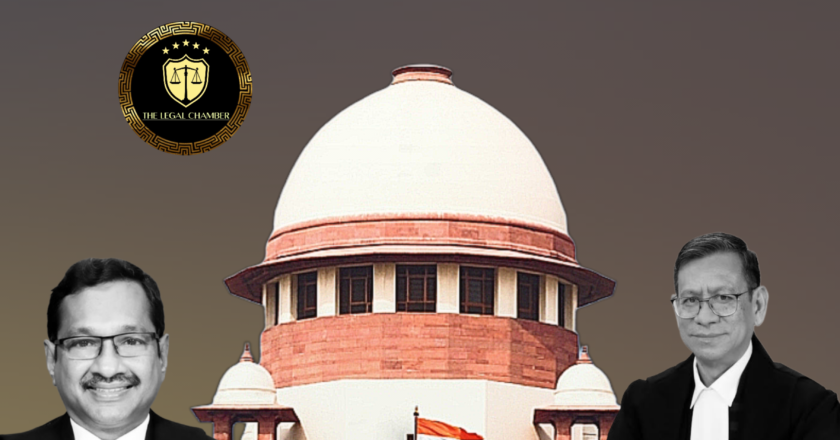Supreme Court Clarifies Law on Witness Intimidation: Victims Can Go Straight to Police
This Supreme Court judgment clarifies the procedural conflict regarding offences under Section 195A IPC (threatening to give false evidence). The Supreme Court holds that Section 195A IPC is a cognizable offence. Consequently, the police have the independent power to register an FIR and investigate under Sections 154/156 CrPC, and the restrictive complaint procedure under Section 195(1)(b)(i) CrPC is not applicable.
Facts Of The Case:
The case originated from two separate sets of proceedings. In the first, from Kerala, an FIR was registered under Section 195A IPC after a de facto complainant, who had turned approver in a murder case, was threatened with dire consequences to give false evidence. The accused sought bail, arguing the mandatory procedure under Section 195(1)(b)(i) CrPC—requi...




